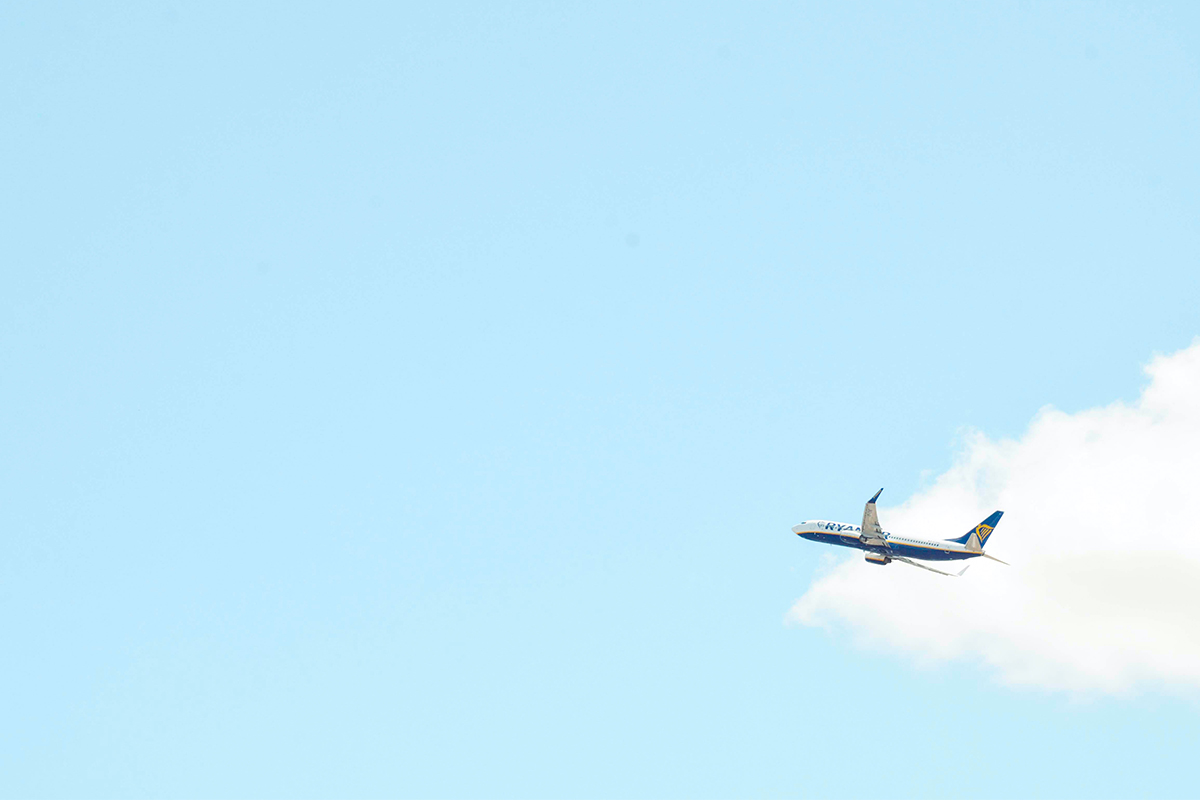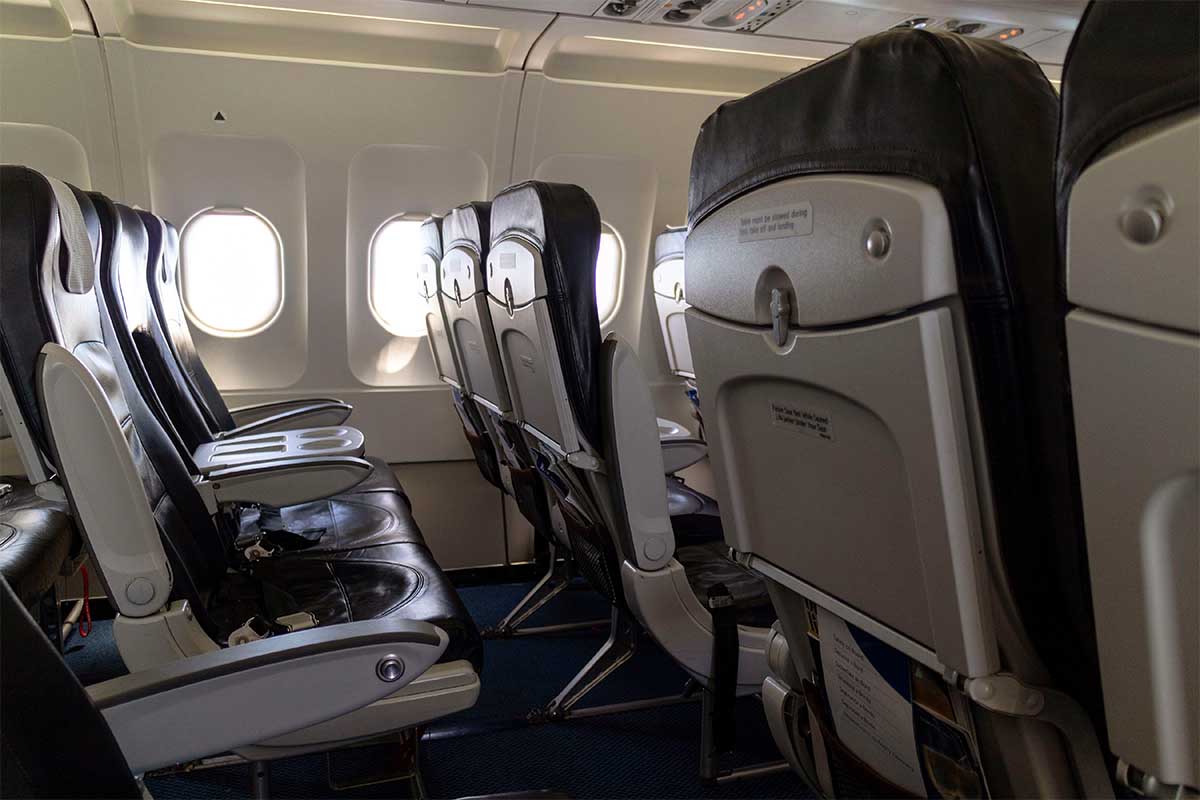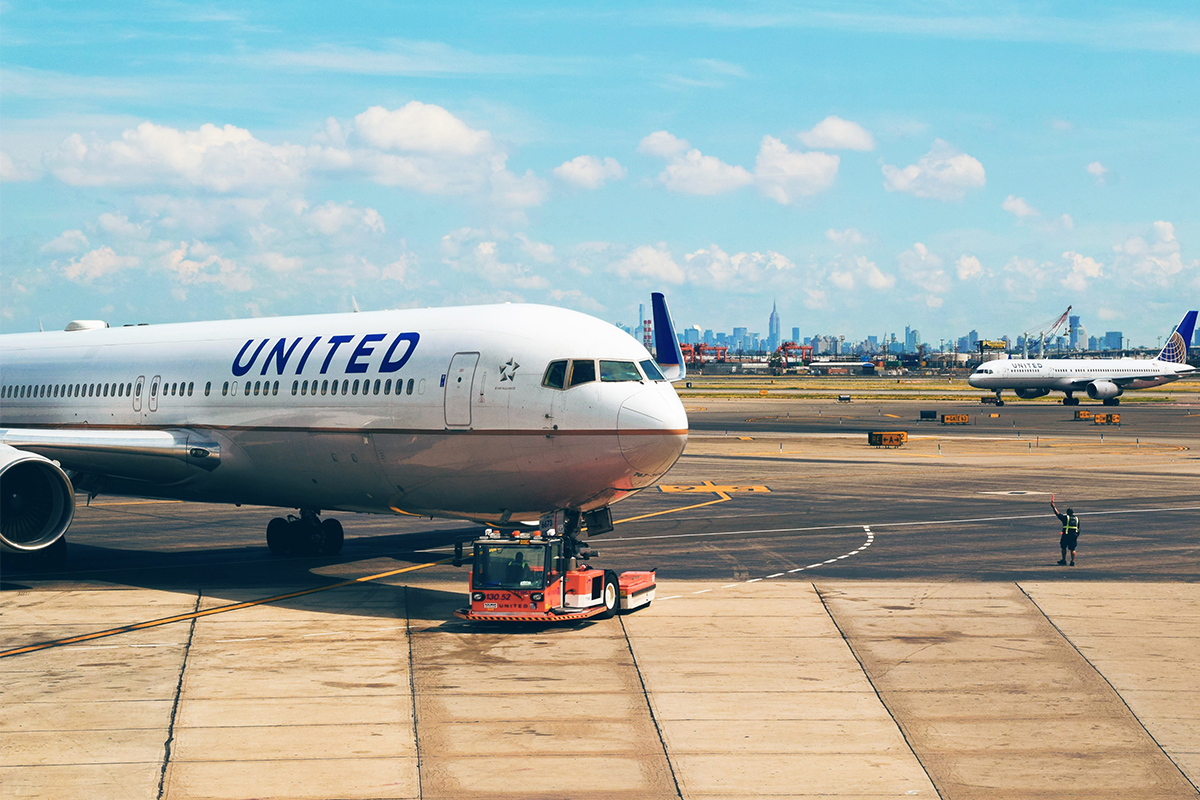The travel industry has been desperate for some good news. The World Tourism Organization (UNWTO) expects international arrivals to be down nearly 60% this year compared to 2019. Tourism-dependent nations in the Caribbean and the Mediterranean have reported billions in losses. And in the States, airline industry leaders are pleading with Congress for another bailout.
So a recent study from Harvard’s Aviation Public Health Initiative, which asserts that flying on an airplane during the pandemic is safer than you might think, couldn’t have come at a better time.
According to the report, conducted by a task-force of researchers from Harvard’s T.H. Chan School of Public Health and the Kennedy School of Government, the risk of contracting COVID-19 on an airplane is low. Scientific evidence indicates that “It is possible to leverage technology and modify behavior to allow some near-normal activity while reducing the risks of disease transmission during the COVID-19 crisis.”
All those protocols airlines have been diligently following since early summer — universal wearing of facemarks by passengers and crew, social distancing, HEPA filters, disinfection of high-touch surfaces, passenger health testaments — have made a difference. In fact, the Harvard researchers declared, “This layered approach … reduces the risk of SARS-CoV-2 transmission onboard aircraft below that of other routine activities during the pandemic, such as grocery shopping or eating out.”
It’s a startling conclusion, considering only 13% of Americans are willing to fly again this year, and only 24% have reported a willingness to do so next year. (By contrast, 40% of Americans said this past July that they would feel comfortable going out to eat at a restaurant — and if you’ve walked around a city like New York lately, you’d imagine that number to be much higher.) But if you have been vacillating about a flight to visit friends or family this year, perhaps this finding gives you some peace of mind. It’s certainly given the travel industry a boost, as many airlines and tourism associations have been quick to retweet the news.
For Harvard’s part, the researchers caution that ““Until there has been widespread vaccination, there remains the risk of infection in all walks of public life.” They recommend airlines continue to invest in ventilation systems and practice a zero-tolerance policy on mask-wearing during flights. Phase two of their research, meanwhile, will tackle the “curb-to-curb” aspect of flying. While this report was firmly “gate-to-gate” (get on plane, get off plane), they’re currently studying safety measures in place while travelers move through the airport.
This article was featured in the InsideHook newsletter. Sign up now.

















